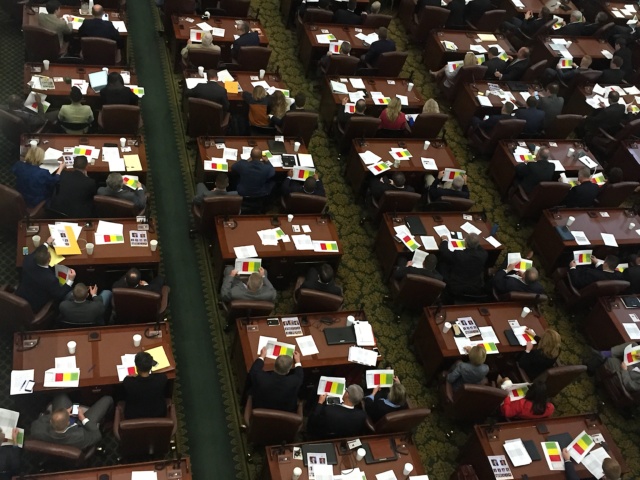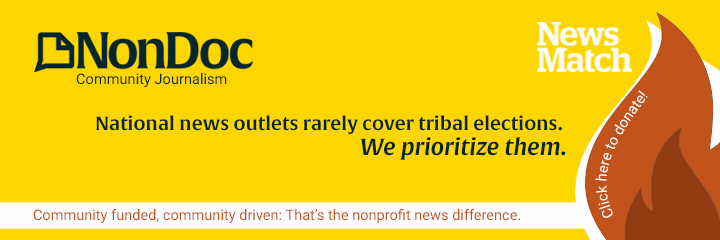
The details of Gov. Mary Fallin’s proposed sales tax restructuring are becoming more clear only 48 hours after her State of the State speech. The way those details have been presented appears intended to assuage early uncertainty among Oklahoma’s municipalities and counties.
The Oklahoman’s Randy Ellis reported this morning that cities and counties could net an estimated $769 million in additional sales tax revenue if lawmakers approve a broadening of the tax base.
Doctor visits, legal fees, funeral services, insurance purchases, cable television and utility bills, child care, nursing home services and banking and real estate transactions are just a small sampling of the 164 services that would be newly taxed by the state, cities and counties, according to documents obtained through the state Open Records Act.
More obscure services that also would be taxed include tattoo art, taxidermy, fur storage and pet grooming.
As would be expected in a conservative state, increasing taxes in Oklahoma is rarely popular. The Fallin administration will be tasked with making a difficult pitch to a Legislature featuring dozens of brand new members.
At the same time, however, Fallin is proposing two taxes to be eliminated: corporate income tax (a volatile revenue source) and the state’s sales tax on groceries.
While tax cuts are often far easier to pitch than tax hikes, the governor’s proposal to eliminate the state grocery sales tax has drawn criticism and, apparently, confusion.
OMES seeks to clarify
The Office of Management and Enterprise Services released a statement today in conjunction with the Oklahoma Tax Commission seeking to clarify Fallin’s proposal and reassure city and county leaders that they will still be able to tax foodstuffs at the local level.
Oklahoma Secretary of Finance Preston Doerflinger stated in the release:
We are in no way cutting off cities and counties, but we are offering families across the board, regardless of their income, a way to save their hard earned money. Cities and counties will have control to set their own priorities and decide for themselves if they want local sales taxes on groceries.
Doerflinger had pushed back on this apparent misconception Monday at his press conference. He spoke more than an hour after Senate President Pro Tempore Mike Schulz (R-Altus) had told reporters that the governor’s proposal to eliminate the grocery sales tax would prevent cities and counties from collecting it.
But Doerflinger’s emphasis Monday that the state sales tax on groceries could be repealed while still allowing cities and counties to collect fell on at least some deaf ears.
“Our cities are very concerned with it because it will have a huge impact, even from like the smaller communities, you know, to some of the larger communities,” Oklahoma Municipal League director of intergovernmental relations Missy Dean told KFOR-4 Tuesday.
Oklahoma City Councilman John Pettis chimed in for Channel 4 as well with concerns for OKC’s tax base.
Get the story right
The made-for-media controversy puts Fallin, Doerflinger and a host of communications directors in the awkward position of having to offer complex explanations — including something called the Streamlined Sales and Use Tax Agreement — to push back against a simple albeit inaccurate soundbite: The state is going to screw up our little town’s main revenue stream.
In reality, the goal that cities and counties could retain their grocery sales taxes was included in the governor’s budget book from the beginning.
“We recognize sales tax revenue is vital to local communities. The sales tax currently levied by cities and counties on the sales of groceries will not be affected,” vice chairwoman of the Oklahoma Tax Commission Dawn Cash stated in Wednesday’s press release. “We will work with them to make all accommodations that are necessary.”
So far, Fallin’s administration is having to work with media to get the story right.





















